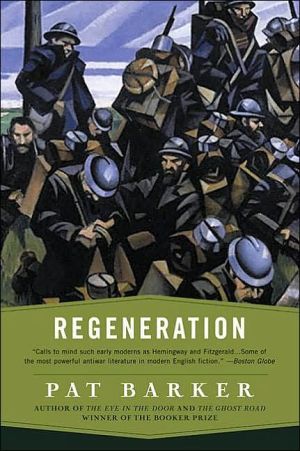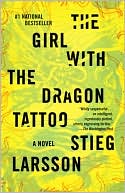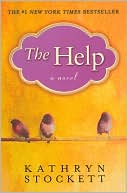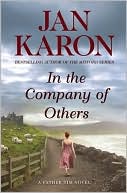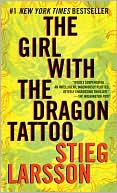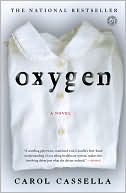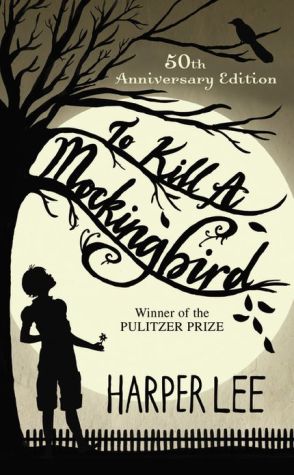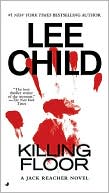Regeneration
"The trilogy is trying to tell something about the parts of war that don't get into the official accounts" Pat Barker\ The first book of the Regeneration Trilogy and a Booker Prize nominee\ \ In 1917 Siegfried Sasson, noted poet and decorated war hero, publicly refused to continue serving as a British officer in World War I. His reason: the war was a senseless slaughter. He was officially classified "mentally unsound" and sent to Craiglockhart War Hospital. There a brilliant...
Search in google:
In 1917 Seigfried Sasson, noted poet and decorated war hero, publicly refused to continue serving as a British officer in World War I. His reason: The war was a senseless slaughter. He was officially classified "mentally unsound" and sent to Craiglockhart War Hospital. There a brilliant psychiatrist, Dr. William Rivers, set about restoring Sassoon's "sanity" and sending him back to the trenches. This novel tells what happened as only a novel can. It is a war saga in which not a shot is fired. It is a story of a battle for a man's mind in which only the reader can decide who is the victor, who the vanquished, and who the victim. It is one of the most amazing feats of fiction of our time. Regeneration is the first novel in Pat Barker's acclaimed World War I trilogy, which continues with The Eye in the Door and culminates in the 1995 Booker Prize-winning The Ghost Road.New York Times Books of the Century...[A] magnificent antiwar novel and a wonderful justification of her belief that plain writing, energized by the named things of the world, will change readers profoundly by bringing them deep into imagined lives. (1992)
\ New York Times Books of the Century...[A] magnificent antiwar novel and a wonderful justification of her belief that plain writing, energized by the named things of the world, will change readers profoundly by bringing them deep into imagined lives. (1992)\ \ \ \ \ New York Times Books of the Century...[A] magnificent antiwar novel and a wonderful justification of her belief that plain writing, energized by the named things of the world, will change readers profoundly by bringing them deep into imagined lives. (1992)\ \ \ Library JournalIn 1917, decorated British officer and poet Siegfried Sassoon wrote a declaration condemning the war. Instead of a court-martial, he was sent to a hospital for other ``shell-shocked'' officers where he was treated by Dr. William Rivers, noted an thropologist and psychiatrist. Author Barker turns these true occurrences into a compelling and brilliant antiwar novel. Sassoon's complete sanity disturbs Dr. Rivers to such a point that he questions his own role in ``curing'' his patients only to send them back to the slaughter of the war in France. World War I decimated an entire generation of European men, and the horrifying loss of life and the callousness of the government led to the obliteration of the Victorian ideal. This is an important and impressive novel about war, soldiers, and humanity. It belongs in most fiction collections.-- C. Christopher Pavek, National Economic Research As socs. Lib., Washington, D.C.\ \ \ \ \ Samuel HynesRegeneration is essentially the story of two men and their effects on one another. Both are in the army, and this is a war story though it takes place far from the battlefields....Regeneration is an anti-war war novel, in a tradition that is by now an established one, though it tells a part of the whole story of war that is not often told -- how war may batter and break men's minds -- and so makes the madness of war more than a metaphor, and more awful....This novel, like her others, is testimony to the persistent vitality of that kind of writing.-- The New York Times\ \ \ \ \ New York Times Books of the Century...[A] magnificent antiwar novel and a wonderful justification of her belief that plain writing, energized by the named things of the world, will change readers profoundly by bringing them deep into imagined lives. (1992)\ \ \ \ \ Kirkus ReviewsIn this fact/fiction hybrid, Barker turns from the struggle for survival of northern England working-class folk to the struggle back to sanity by British officers unhinged by WW I trench warfare. Craiglockhart War Hospital, a grim psychiatric facility outside Edinburgh, is the setting. The framework is the arrival of Siegfried Sassoon at Craiglockhart in the summer of 1917, and his discharge back to France in November. Sassoon is treated by the eminent neurologist (and Army captain) William Rivers, whose job is to restore his damaged warriors to fighting condition. Sassoon is a relatively easy assignment. Despite his public statement protesting the war, Sassoon is no pacifist; this complex poet feels at home in the Army and is an exceptionally courageous officer, beloved by his men, to whom he feels a blood-debt that can be paid only by his return. For all the sparring between Sassoon and Rivers, only a hair separates them, for the latter is also a man of enormous integrity, profoundly troubled by the horrors his patients must endure. And it is these horrors (not the clipped exchanges of Sassoon and Rivers) that linger in the mind: Burns's vomiting nightmares caused by a mouthful of decomposing German flesh; Prior's being rendered mute after handling a human eye. At the center is Rivers, a model therapist, whose unstinting support may give even the wretched Burns a chance at a normal life. Barker has also provided some workmanlike off-base romance for Prior, her one developed fictional character; but the heart of the work, where the big fish swim, is Rivers' consciousness, his insights into front-line behavior enriched by his anthropological straining. Don't look here for thedramatic sweep of a war novel; instead, you get a scrupulously fair reconstruction of Craiglockhart, plus a moving empathy for both doctors and patients. The extent of that empathy earns Barker' work a place on the shelf of WW I literature.\ \
